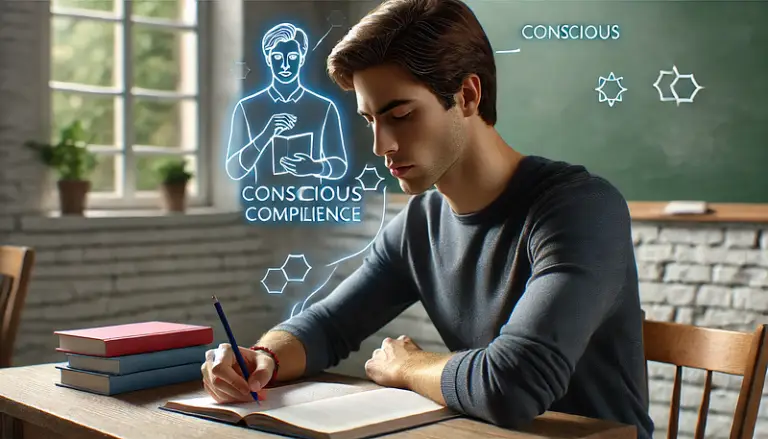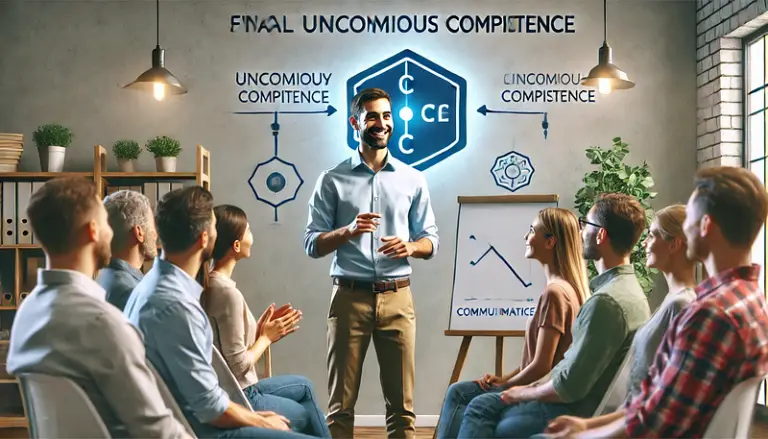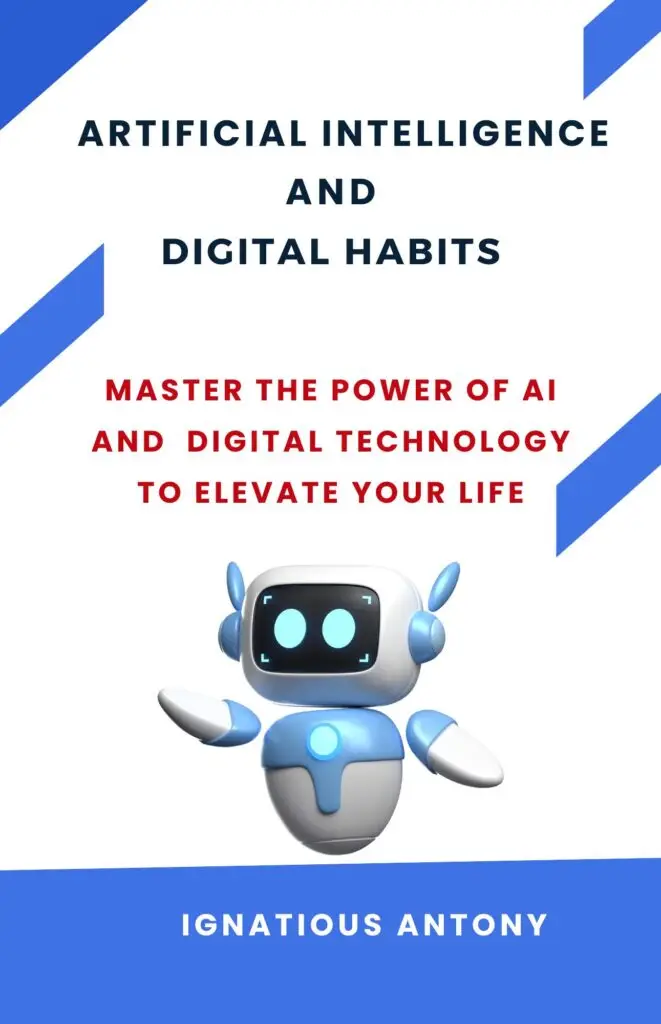Learning Made Easy: A Step-By-Step Guide

Mastering any skill, especially communication, is a structured process involving four key stages. Whether trying to improve your communication skills, learn a new language, or even master driving, the journey is the same.
There are no shortcuts. Each of these four stages must be experienced to achieve true mastery. Let’s explore these stages in greater detail.
Stage 1: Unconscious Incompetence
The first stage of learning any new skill is called unconscious incompetence. This is the stage where ignorance truly is bliss because you don’t know what you don’t know.
In this stage, you are unaware of the skill or that it even exists. You are unconscious of both your lack of knowledge and your incompetence.
For example, if you’ve never been exposed to driving a car, you have no idea what driving feels like. You wouldn’t know the difference between an accelerator and a brake pedal.
Similarly, if you’ve never been introduced to the English language, you wouldn’t know whether or not you can speak it.
At this stage, you are free from the burden of awareness, but this also means you cannot begin learning.
It would be best if you were still ready to take on the challenge because you were unaware of its need.
This stage reflects people’s initial ignorance before embarking on the journey of learning something new.

Stage 2: Conscious Incompetence
The second stage is conscious incompetence, and this is where things start to shift. In this phase, you’ve become aware of the skill, but you still don’t know how to do it.
This stage is crucial because it represents the beginning of awareness. Now you know that something exists, and you realize that you don’t know how to do it.
For example, you might become aware that driving a car is a skill that people need to learn, but you haven’t yet learned how to steer, brake, or accelerate.
Similarly, you may now know that English is a global language, and you might want to speak it, but you are still unable to form sentences or communicate effectively.
This stage can feel frustrating because you realize your limitations. However, awareness is the first step toward change.
Without becoming conscious of the skill and your lack of proficiency, you wouldn’t be able to progress.
Awareness is a powerful motivator, and it opens the door to learning. It’s important to note that this stage is often accompanied by discomfort and a growing desire to improve.

Stage 3: Conscious Competence
The third stage is where you begin to learn and practice the skill actively. This is known as conscious competence.
You are now aware of the skill and starting to develop competence, but it still requires a lot of effort and attention.
At this stage, the learning process demands the most effort. For example, when learning to drive a car, you might have to consciously think about every action:
“Am I in the right gear? Is this the brake or the accelerator? Should I be turning the wheel?” Similarly, when learning a language like English, you may have to think about every word before you speak, carefully constructing sentences and making sure your grammar is correct.
It’s exhausting, but it’s a necessary part of mastering the skill.
This stage is where most people experience the greatest internal resistance. The mental strain of consciously thinking about every action or word can be overwhelming, and many people are tempted to give up here.
However, this is also the stage where the most significant growth happens. It’s the step where you actively work on becoming competent, and although it’s tough, it’s a sign that you’re progressing.
For example, imagine you’re cooking for the first time, following a detailed recipe for biryani.
You measure every ingredient meticulously, ensuring 3 ml means exactly 3 ml, not 3.5 ml. The effort is immense, and by the end of the process, you’re exhausted.
Yet, you’ve accomplished something — you’ve made a decent biryani. This represents conscious competence, where you’re doing the task, but it takes a lot of mental energy.

Stage 4: Unconscious Competence
The final stage is unconscious competence. This stage is where mastery happens, and the skill becomes second nature to you.
You’ve put in so much practice and effort in the previous stages that the skill now flows effortlessly.
In this stage, you can perform the skill without thinking about it.
For example, after driving for years, you no longer need to think about how to change gears or when to press the brake pedal — it happens automatically.
The same applies to communication or language skills.
When you’ve practiced enough, you no longer have to think about every word before you speak. Words flow naturally, and you can communicate effortlessly.
This is the stage where people often look at others and assume they were born with the skill. However, no one is born at this level of mastery.
They have gone through the same stages of unconscious incompetence, conscious incompetence, and conscious competence before reaching this point.
The ability to cook a meal, deliver a speech, or speak a foreign language with ease is the result of persistent practice.

The Path to Mastery
To reach this level of unconscious competence, you must go through the earlier stages, where effort and struggle are inevitable.
Getting stuck is part of the process. In fact, the key to achieving mastery is to embrace the difficulties you encounter along the way.
If you’ve ever admired someone who seems naturally talented, remember that what you don’t see are the countless hours they spent in stages one, two, and three.
No one is born a master. Mastery comes from hard work, practice, and the willingness to persevere through challenges.

Conclusion
So, where are you on this journey? Have you just become aware of the skill and are feeling the frustration of conscious incompetence?
Or are you actively practising and pushing through the conscious competence phase? Wherever you are, remember that the flow and ease of stage four are attainable — but only if you persist.
Mastering communication, or any skill, is a process that cannot be rushed. Stick with it; soon enough, you’ll reach the level where everything flows effortlessly. Keep going, and don’t give up!




